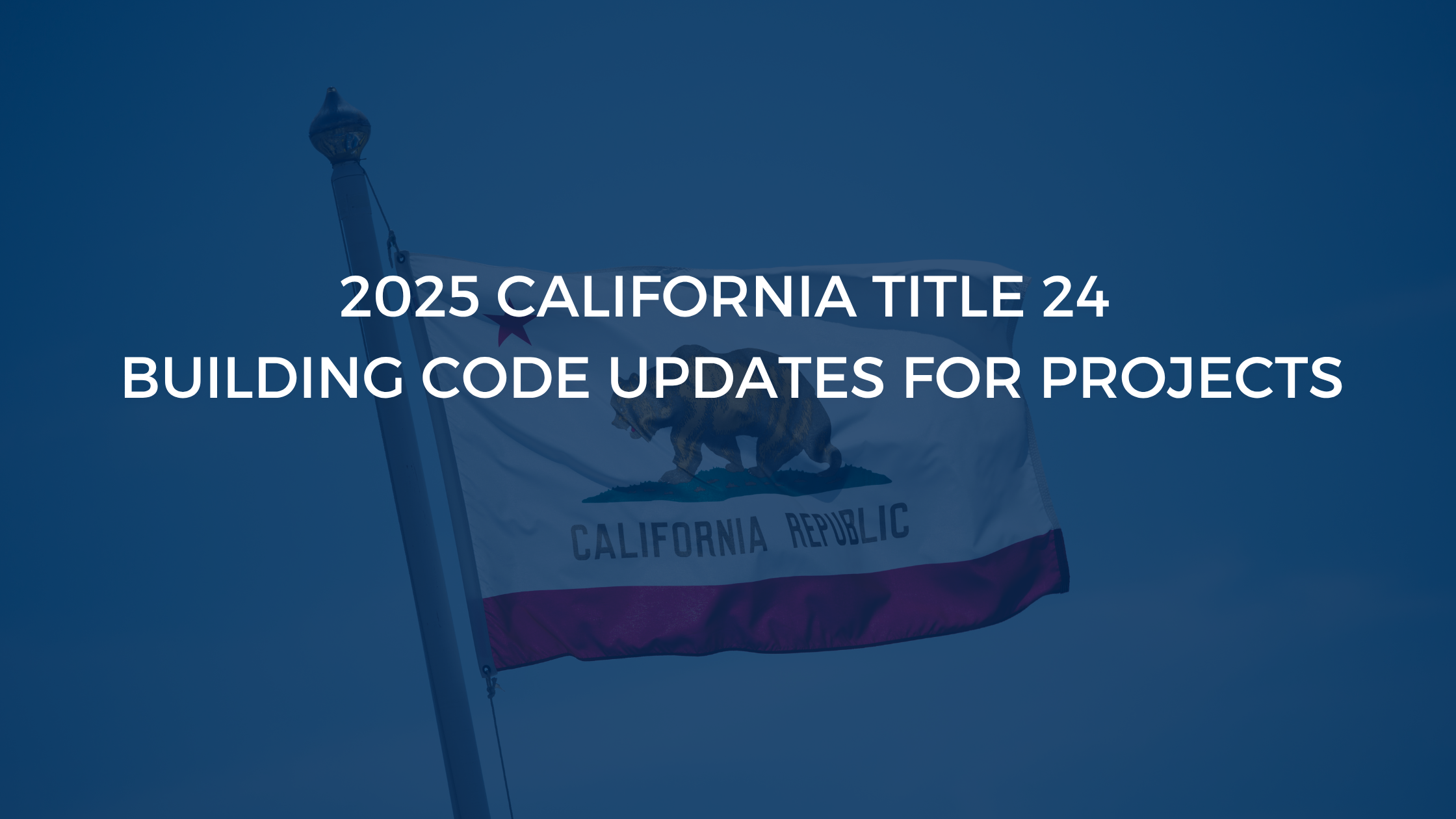Generators, for either emergency power or standby power, require filing with the Department of Buildings. However, depending on the type of generator, the filing, inspection, and sign off process may vary. Most notably, the change in filing is triggered by the source of energy supplying the generator: fuel versus natural gas. The following is an overview of fuel powered versus gas powered generators, and the different filing methods required of each.
Fuel Powered Generators:
- Filing Work Types: For a generator that is supplied by fuel, gasoline, or diesel, both mechanical and fuel storage work types will be required when submitting an application (typically filed as an Alteration Type 2 application). Additionally a plumbing work type may be required if the related plumbing work is not already captured under a separate application.
- Schedule B: A Schedule B is not required for filing with a fuel powered generator.
- Schedule C: A Schedule C is required for any fuel powered generator.
- Inspections: The DOB Boiler Division must inspect all fuel powered generators. Once the inspections has been passed, the Boiler Division will issue a B Form 16A certifying a sign off of the Fuel Storage system. Once boiler division and special inspectors have signed off (and any required plumbing division sign off has been obtained), the application can be submitted with the Department of Buildings.
Gas Powered Generators:
- Filing Work Types: For a generator that is supplied by natural gas, a mechanical and plumbing work type is required. There is no fuel storage work type required. The mechanical and plumbing can be included under your Alteration Type 1 or New Building application if found applicable to your project. Otherwise, it can be filed as an Alteration Type 2 application.
- Schedule B: In addition to identifying any other relevant plumbing fixtures (i.e. gas burner), the schedule B must clearly identify Emergency Generators as one of the applicable gas uses on the first page of the Schedule B.
- Schedule C: A Schedule C is not required for a natural gas generator.
- Inspections: The DOB Boiler Division is not engaged for any inspections for a natural gas generator. The Plumbing Division and special inspector are responsible for all inspections, with the Plumbing Division directly overseeing the gas authorization of the generator.
If you have any additional questions on how to file an emergency generator, please contact us and we'll be happy to assist you.
If you enjoyed reading this article, subscribe to our free monthly newsletter to receive expert tips and helpful resources on how to complete your project on time and on budget.



-3.png)


